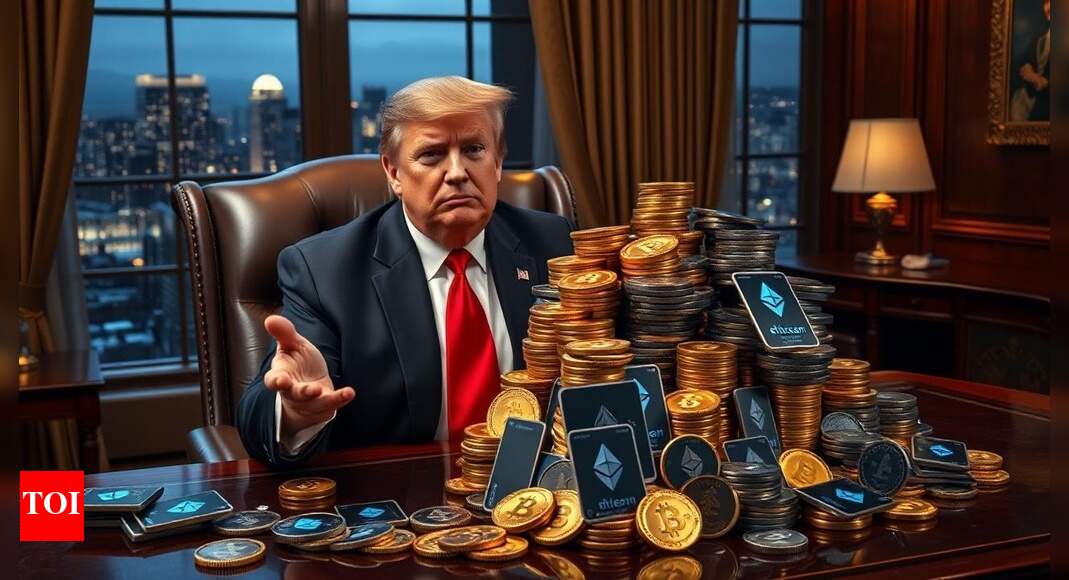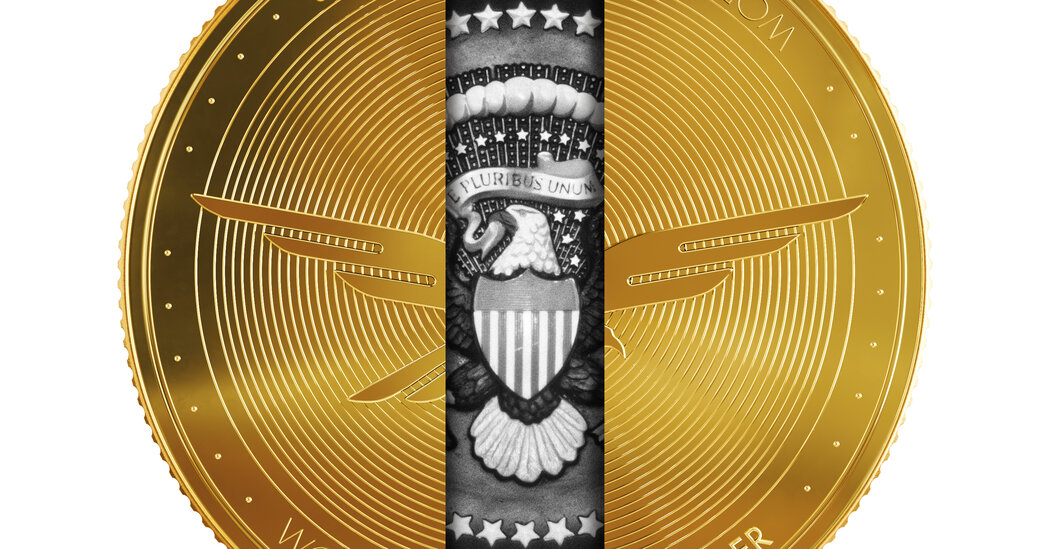The prospect of the United States incorporating Bitcoin into its financial reserves remains highly controversial.
Many experts consider the chances slim, especially in the short term, as uncertainty dominates discussions within the crypto community.
Bitcoin Reserve Chances Drop as US Political Analysts Predict a Setback
Forecasting platforms and analysts present contrasting views on the likelihood of Bitcoin entering the US reserve strategy. On Polymarket, users assign only a 29% chance that President-elect Donald Trump will introduce a Bitcoin reserve within his first 100 days in office. This marks a sharp drop from post-election optimism, when odds were as high as 60%.
This decline reflects broader skepticism about Bitcoin’s place in U.S. financial policy. Proponents view Bitcoin as a natural complement to existing reserves, such as gold and oil. Critics, however, argue that political resistance and current economic conditions make this move unlikely.
Ki Young Ju, CEO of CryptoQuant, doubts the feasibility of the United States adopting Bitcoin as a reserve asset under the Trump administration. He suggests that such a change would only occur if the country’s global economic dominance faced a significant threat.
Ju drew parallels between current Bitcoin supporters and past campaigns for a return to the gold standard. In both cases, these efforts have positioned alternative assets as solutions to economic uncertainties.
However, historical trends suggest resistance to reliance on a single asset. For example, calls to reinstate the gold standard in the late 1990s were rejected, with the United States choosing to innovate its way out of economic challenges. Ju predicts that Bitcoin could face a similar backlash unless the country’s economic situation weakens.
“If Trump succeeds in demonstrating American economic resilience, strengthening dollar supremacy, and improving his approval ratings, it is unclear whether he will maintain the strong pro-Bitcoin stance he demonstrated during his term. campaign. He could easily back away from his Bitcoin advocacy, citing changing priorities, without alienating his voting base,” Ju said.
Despite their skepticism, some experts defend Bitcoin’s potential role in reshaping global finance. Mathew Sigel of VanEck recently argued that the United States could reduce its national debt by up to 36% by 2050 by adopting a strategic Bitcoin reserve. Sigel envisions Bitcoin becoming a leading settlement currency in global commerce, particularly for countries seeking to circumvent U.S. sanctions.
At the same time, some market observers believe that the move could be implemented by 2026. Kalshi, a New York-based prediction market platform open to US participants, puts the chance of the development at 56%. of Bitcoin occurs by January 2026.
Disclaimer
In accordance with the Trust Project guidelines, BeInCrypto is committed to providing unbiased and transparent reporting. This news article aims to provide accurate and current information. Readers are, however, advised to independently verify the facts and seek professional advice before making any decision based on this content. Please note that our Terms and Conditions, Privacy Policy and Disclaimer have been updated.










